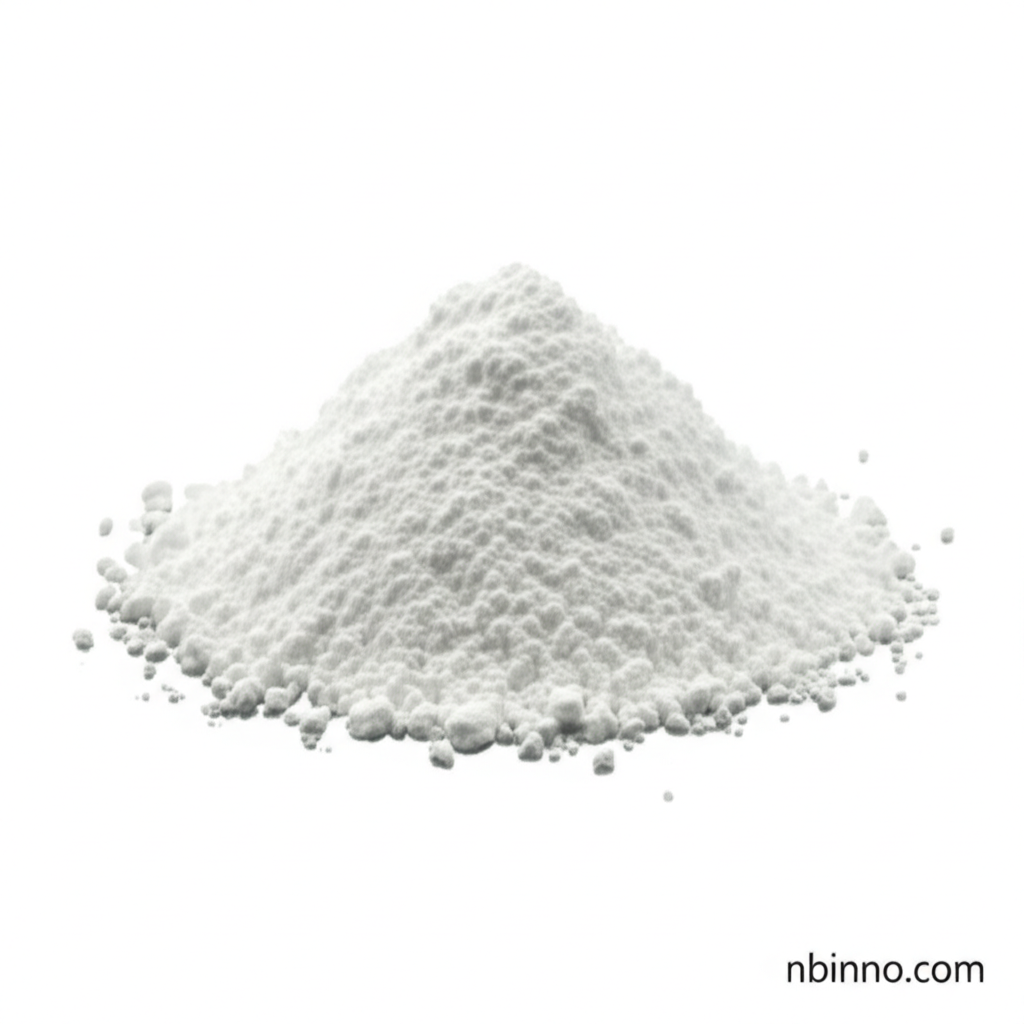Lypressin Acetate (50-57-7): A Comprehensive Guide to Its Properties, Applications, and Sourcing
Discover the detailed profile of this vital synthetic peptide, exploring its chemical makeup, therapeutic uses, and procurement insights.
Get a Quote & SampleProduct Core Value

Lypressin Acetate
Lypressin Acetate, identified by CAS number 50-57-7, is a synthetic 8-L-lysine vasopressin analog. It is a crucial pharmaceutical intermediate renowned for its antidiuretic and mild vasoconstrictive properties. This polypeptide hormone plays a significant role in medical treatments by effectively regulating water balance and blood pressure. Its stability and efficacy make it a valuable compound in the pharmaceutical industry, particularly for conditions requiring precise hormonal regulation.
- Understand the unique properties of Lypressin Acetate, a synthetic lysine vasopressin analog essential for medical applications.
- Explore the diverse applications of this peptide hormone, including its role in treating diabetes insipidus and managing bleeding disorders.
- Learn about the chemical structure and molecular weight (1056.22) that contribute to its specific physiological functions.
- Discover the importance of sourcing high-quality Lypressin Acetate, understanding the factors like purity and stability critical for pharmaceutical use.
Advantages Provided by the Product
Therapeutic Efficacy
Leverage the potent antidiuretic and mild vasoconstrictive effects of Lypressin Acetate to manage critical medical conditions effectively, as noted in its synthetic lysine vasopressin analog properties.
Pharmaceutical Intermediate Utility
Utilize Lypressin Acetate as a key building block in pharmaceutical synthesis, ensuring the development of advanced therapeutic agents with precise hormonal regulation.
Enhanced Stability
Benefit from the greater stability of the lysine analog compared to natural vasopressin, allowing for more reliable absorption and consistent therapeutic outcomes in medical applications.
Key Applications
Diabetes Insipidus Treatment
Lypressin Acetate is instrumental in preventing or controlling the frequent urination, increased thirst, and water loss associated with diabetes insipidus, showcasing its role in fluid balance regulation.
Bleeding Esophageal Varices Management
Its vasoconstrictive properties aid in reducing blood flow to esophageal varices, making it a critical compound for stabilizing patients during emergencies, reflecting its vasoconstrictor capabilities.
Pharmaceutical Synthesis
Serves as a valuable pharmaceutical synthesis intermediate, enabling the creation of complex drug molecules requiring specific peptide hormone structures and functionalities.
Research and Development
This peptide hormone analog is essential in scientific research for studying the mechanisms of vasopressin receptors and developing new therapeutic strategies for hormonal disorders.
